The Wonder Of Tanzania
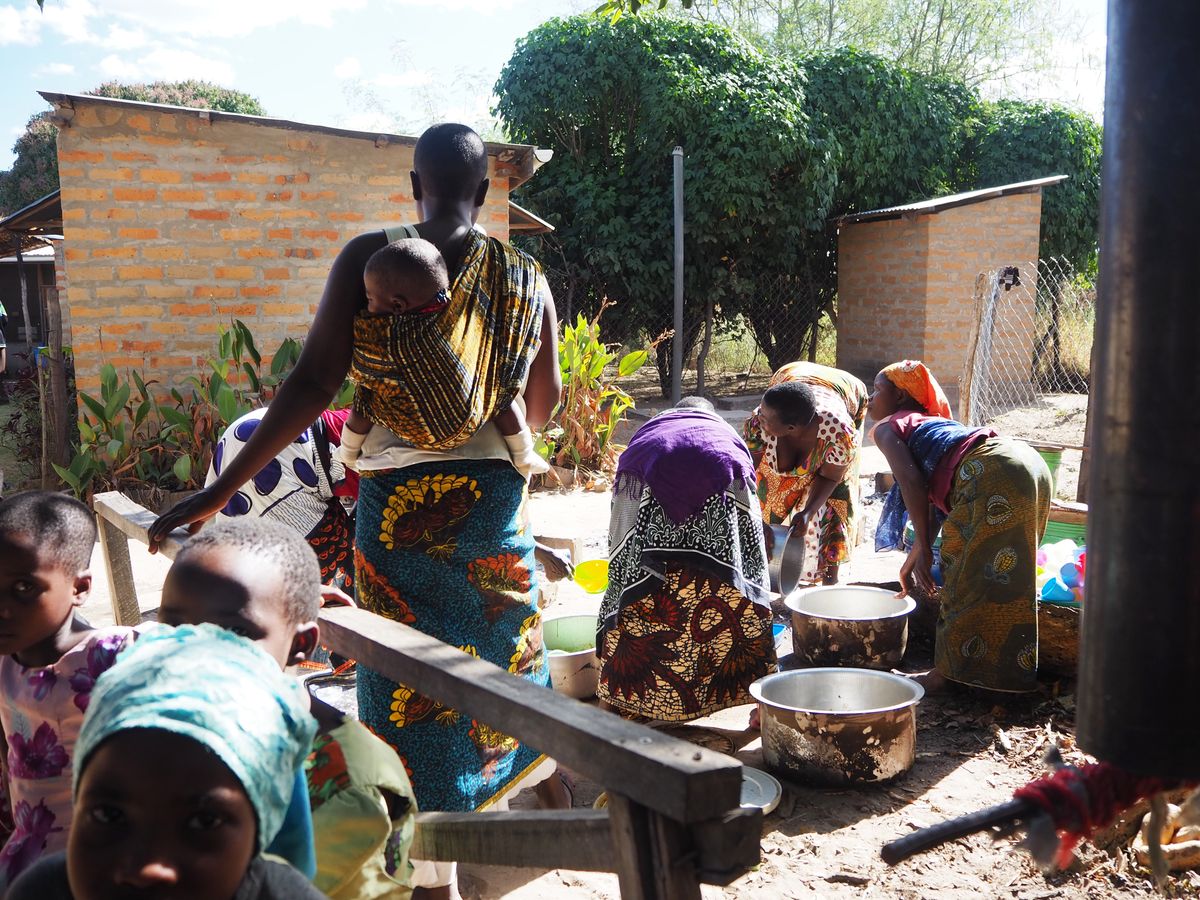
Tanzania is beautiful. On Thursday, we drove almost ten hours from Arusha to Tabora. The land is wide, and the sky is big and blue. The dirt is a complimentary bright orange, and it's covered with green trees and yellow and green grass and crops. People travel along the side of the newly paved roads on motorcycles, bicycles, and on foot with sticks and cattle. Scott mentioned that the roads have all been recently paved by the Chinese, and previously the trip would be much longer and bumpier. All Tanzanians belong to many different tribes. The Sukuma people herd cattle and wear bright colors. The Maasai make beautiful beaded sandals and cowhide knives. The Nyamwezi have a harsh history of helping the Arabs capture other Africans for the slave routes. The slave traders would eat mangos and toss the seeds along the way, so tall mango trees still mark the slave routes.
We visited the Dr. David Livingston museum just outside of the city of Tabora, which used to be the main city of Tabora. Now, it is a village, and right in the middle of this village, the United Kingdom and now Tanzania have preserved this site. It was originally a slave house for the Arab slave traders. Dr. Livingston was an English missionary in the late 1800s who fought against this slave trade. The museum was beautiful, informative, and heartbreaking to see pictures of the lives of these slaves.
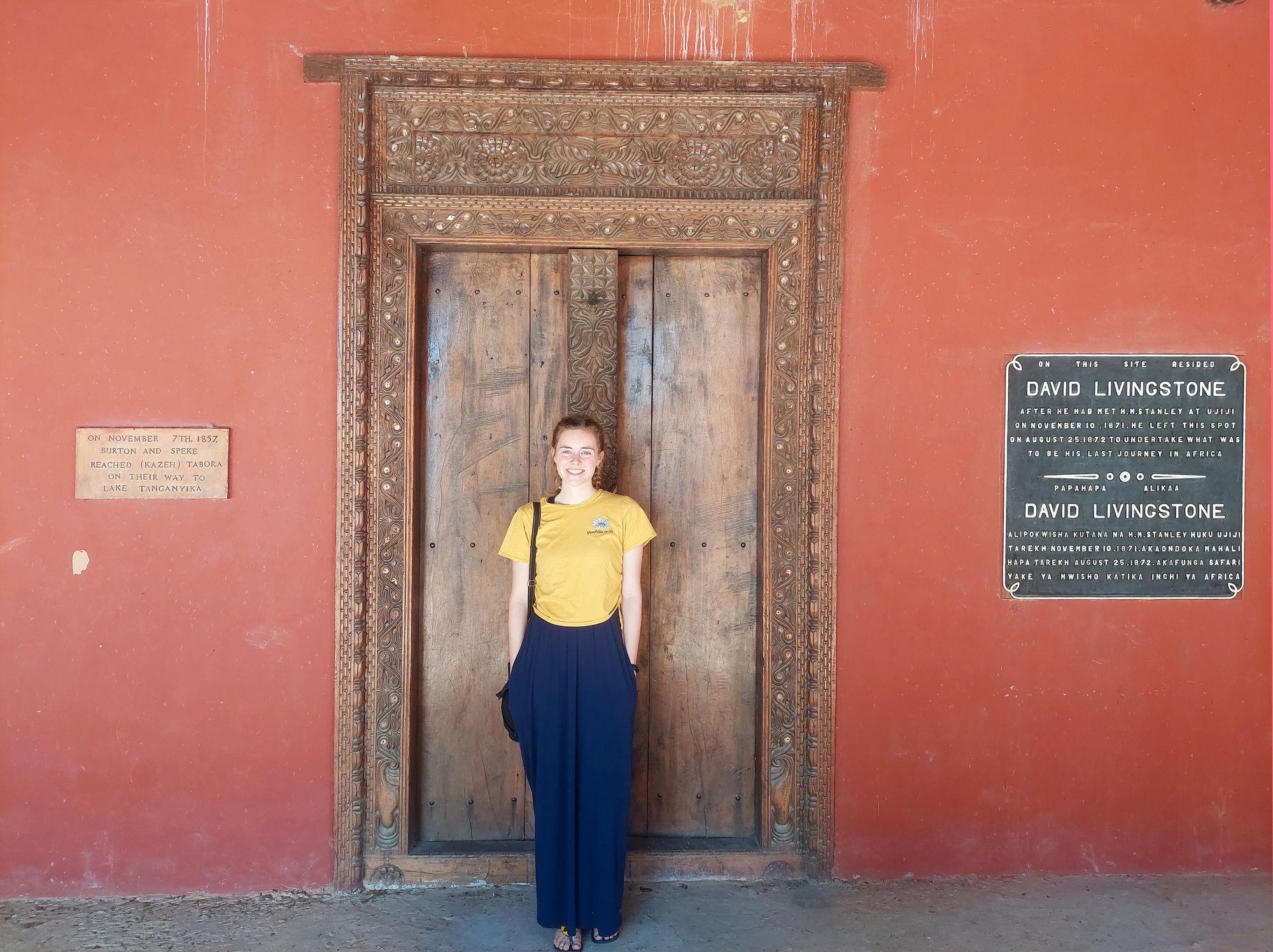
Scott, Emmanuel, and I then traveled down to the Mibono village. Throughout our travel, it was shocking to witness the vast living quality disparity in Tanzania. A cement house with a tin roof right next to a small clay house with a grass roof. A brick home in the same village as a stick home. It's like the story of the three little pigs. It just baffles me. Even in the cities, it's so jarring, especially compared to America. It isn't like how we have a lower economic class portion of the city. The whole country is a jumbled mix of elite houses and mud huts and everything in between.
I loved the village. It's been my favorite part so far. I also love how the Lord has given me way more stamina than I have back home. Church, which is supposed to start at 9, started at 12 and went until 4. I taught a devotional through anxiety and diarrhea from the food. Having diarrhea in the village was not fun. I slept with rats running around above me and dropping poo pellets on me. A rat stole my towel during the night, which was hanging right above my head! I took my first bucket bath. There's no privacy, and the language barrier was frustrating. But I honestly still loved the whole experience, and the Lord allowed me to have a good attitude the whole time.
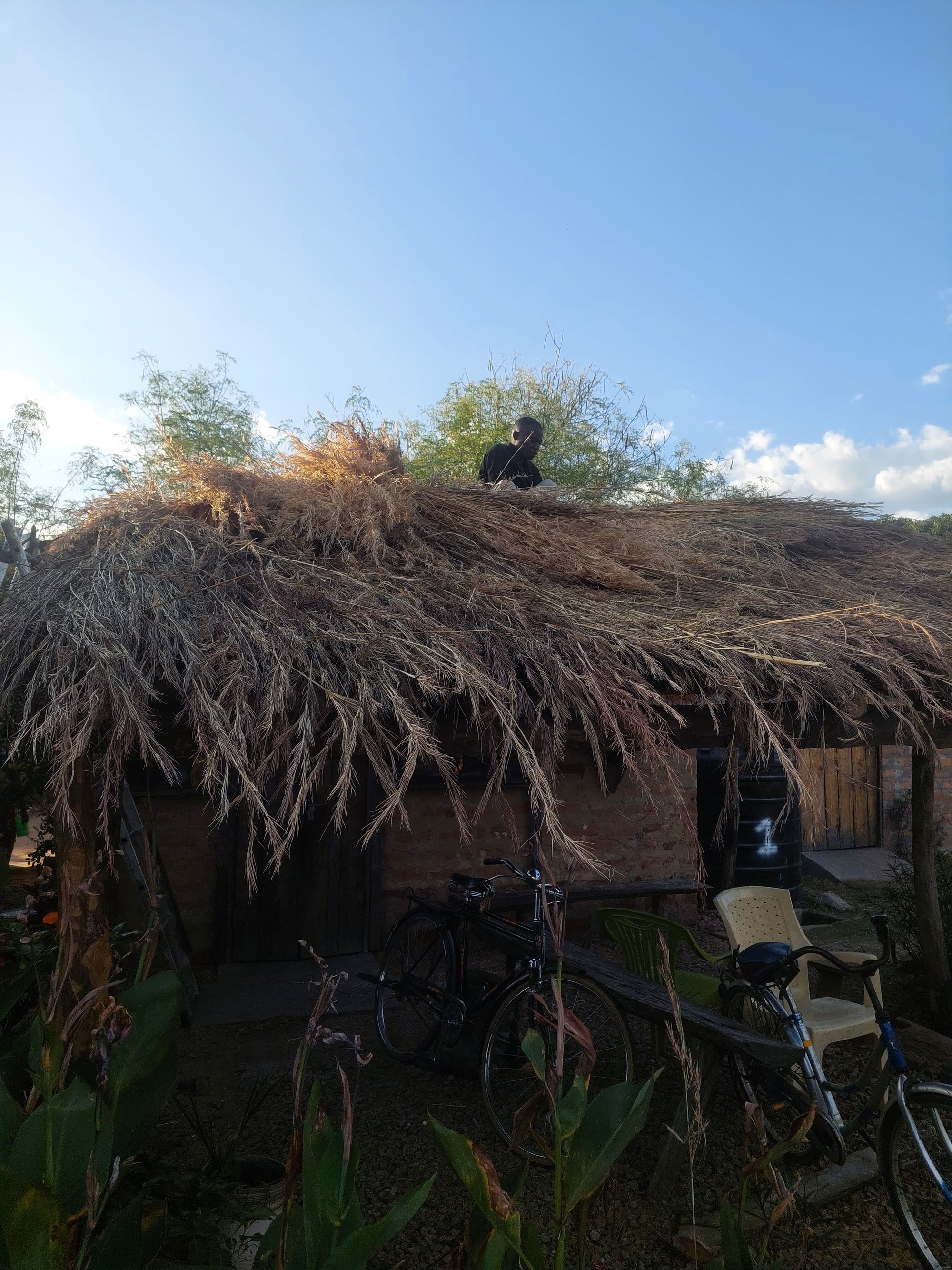
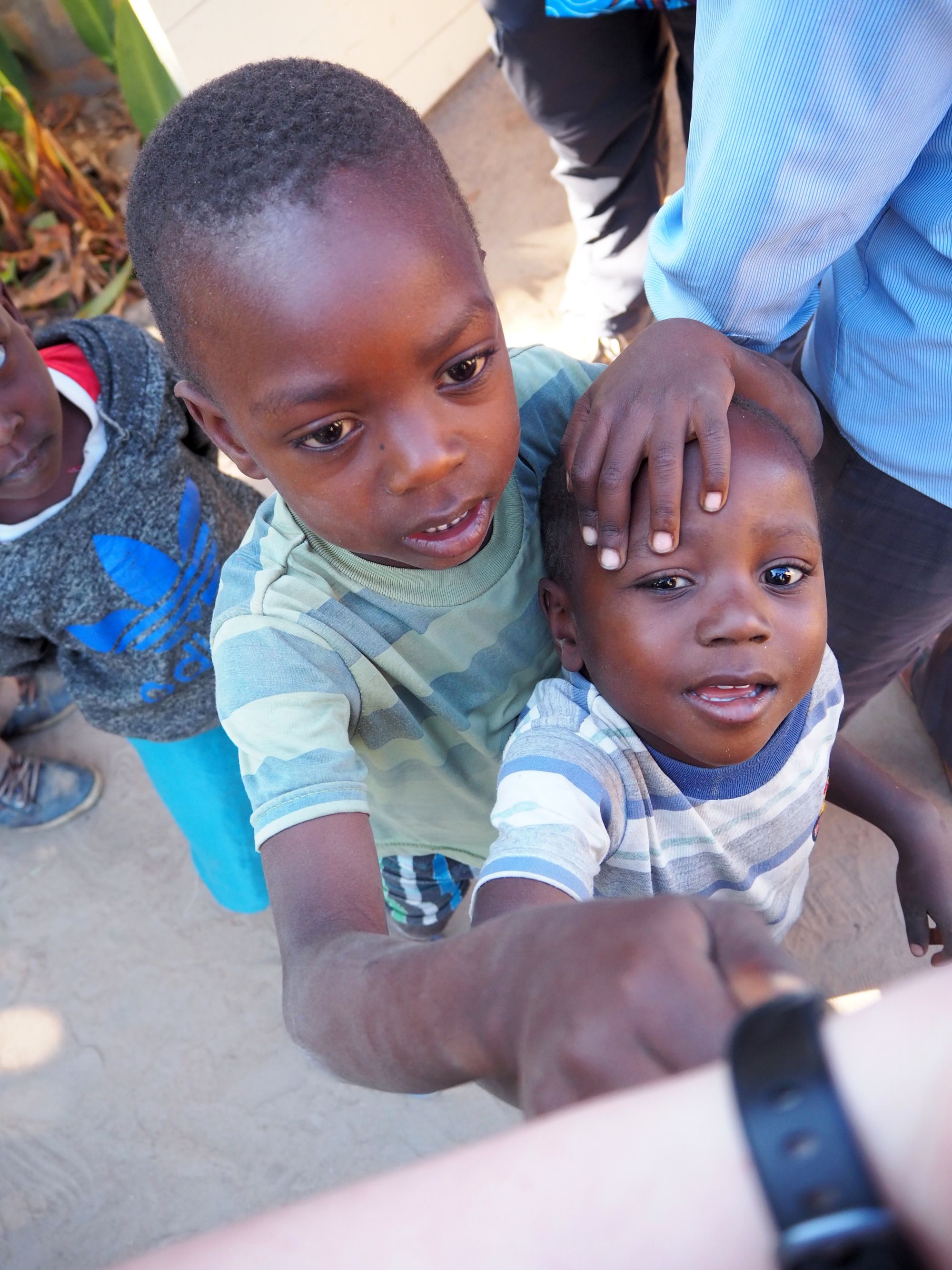
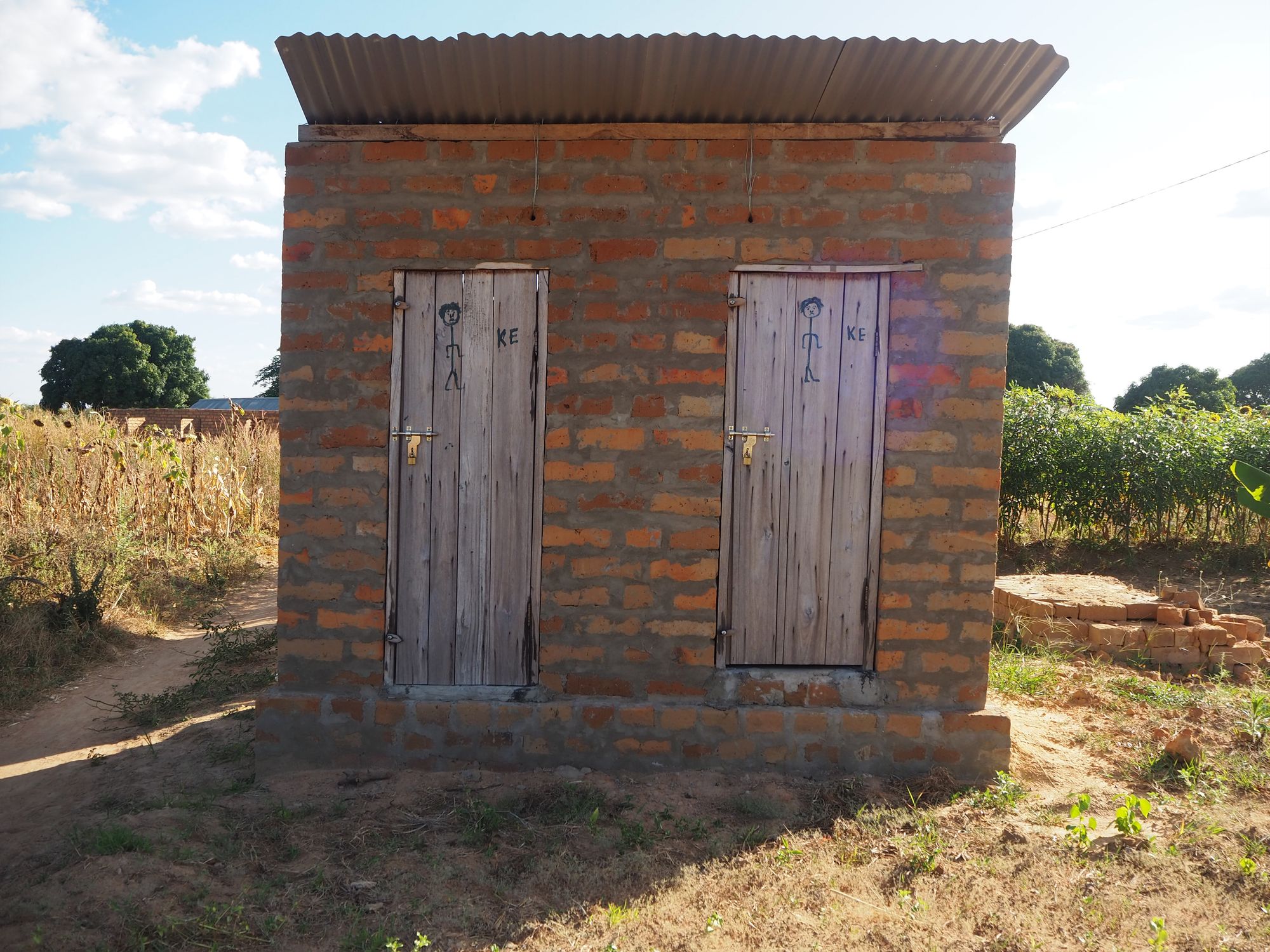
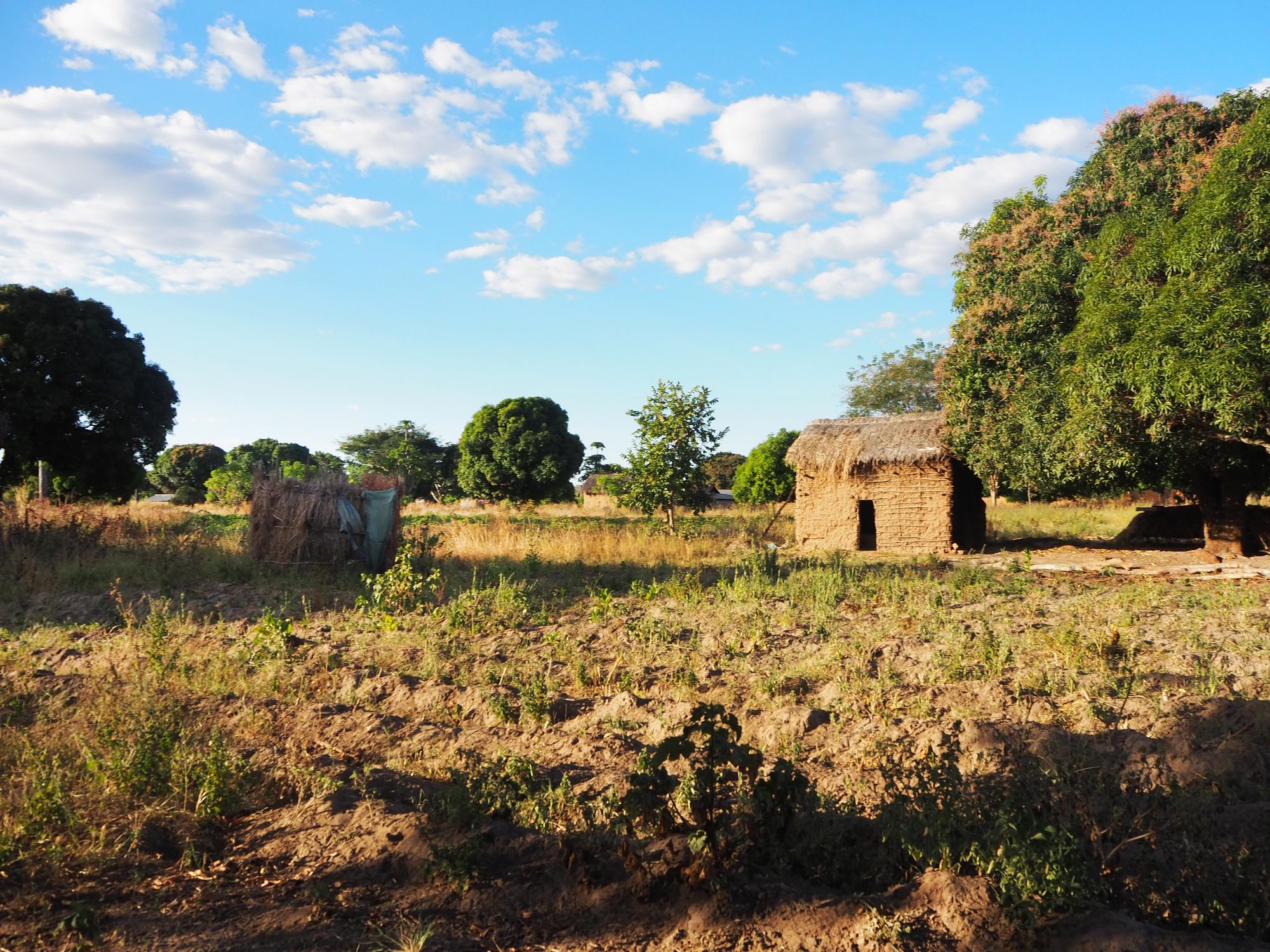
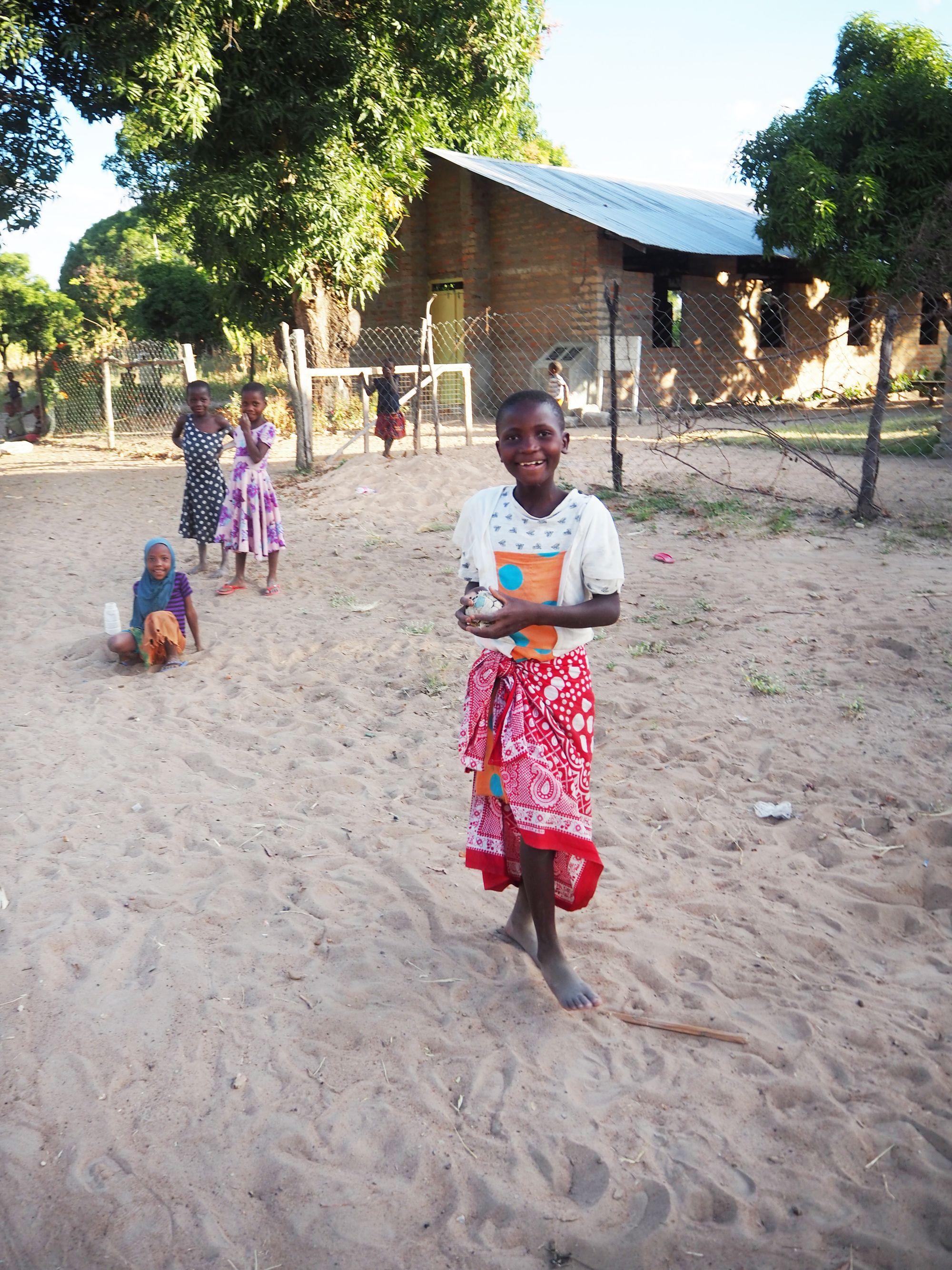
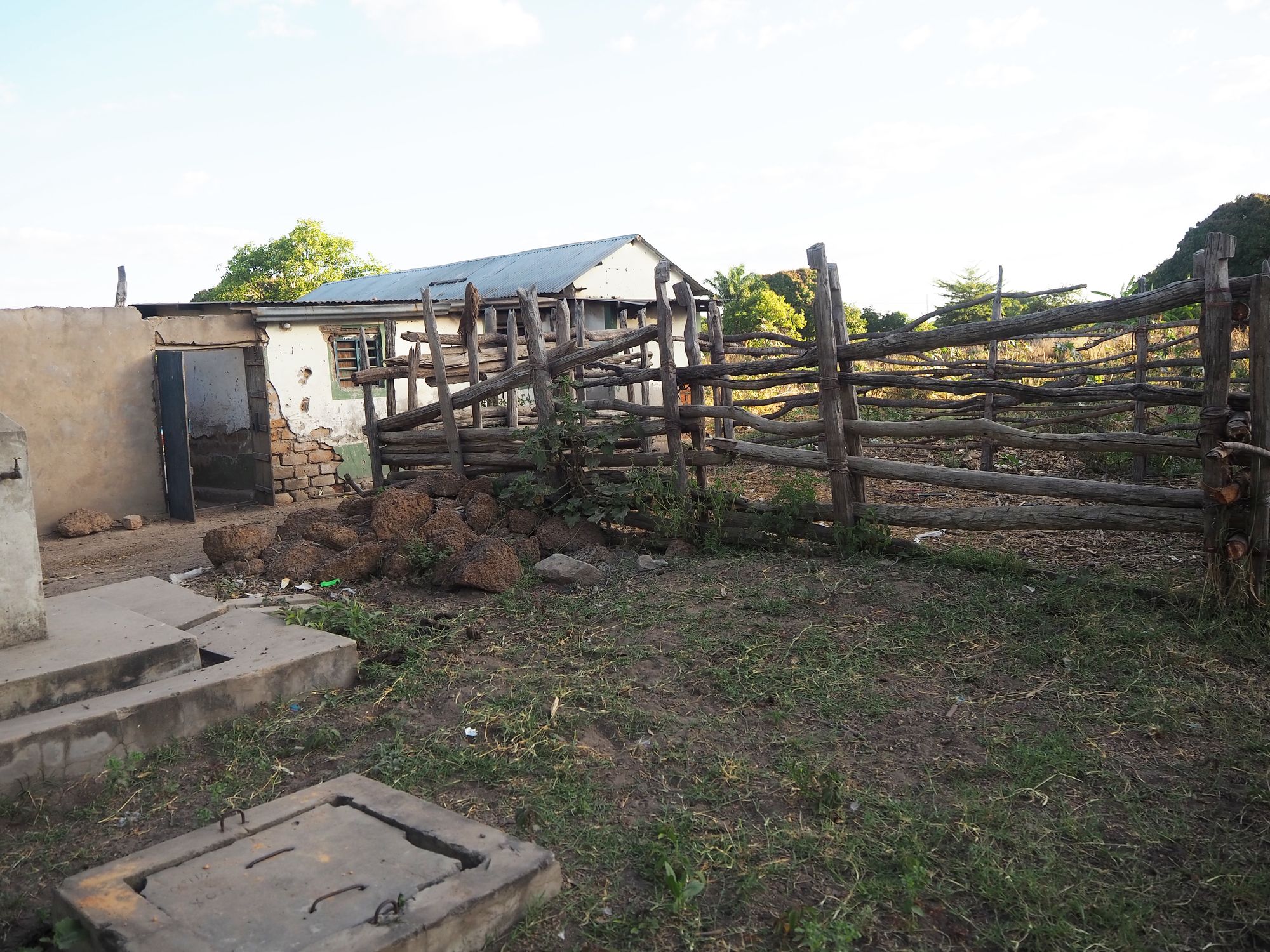
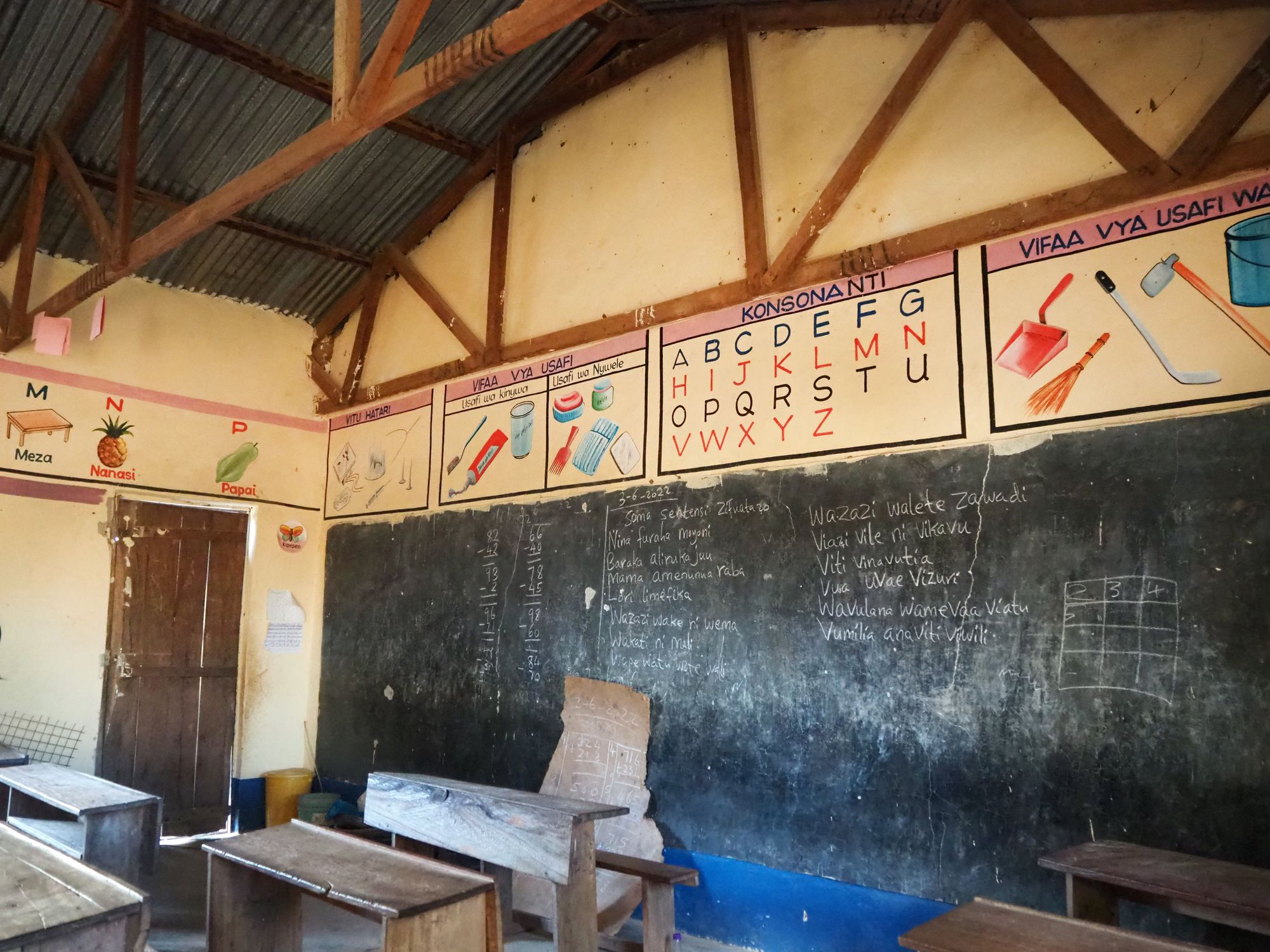
Tanzania 2022 / Caytee Weigel
Emmanuel has been a faithful Swahili instructor. In the village, I got to practice my greetings over and over and over. Tanzanians greet each individual person with a cycle of: How are you? Good, how is your family? Good, how is the morning? Good, how is your home? Good, thank you. You are very welcome here. Thank you very much. And even if the person standing next to you has heard the whole thing, it gets repeated over again for them. At first, this was daunting and intense compared to American culture. But I have grown to love these greetings. It makes everyone seem more polite and more like real neighbors, not what we call being neighborly in the states. You always say "Shikamoo" to someone older than you, which means, "I respect you." And this is just a standard greeting like saying hello. I love it! It's adorable when the children say shikamoo to me, and I love saying shikamoo to elders. Everyone holds each other's right hand the whole time, it's a handshake on steroids. But it makes you stay close, and everyone smiles and looks into your eyes the whole time. It is truly welcoming and truly beautiful.
On Sunday, a church choir was visiting from Sikonge. This was a special day for the church, and the women were up early toting water and making rice and beans. This was why church started so late, as we were waiting for the choir to arrive. The choir was an experience unto itself. After the first session, we stopped for lunch (Tanzanians eat lunch around 2 pm). The women served the guests first on individual plates (us and the choir). They walked around with a big bucket to rinse everyone's hands. All the children sat on the ground in a huddle, and the women set a big tray of beans and rice for the kids to eat with their hands. It was the same thing for all the village men, except they weren't on the ground.
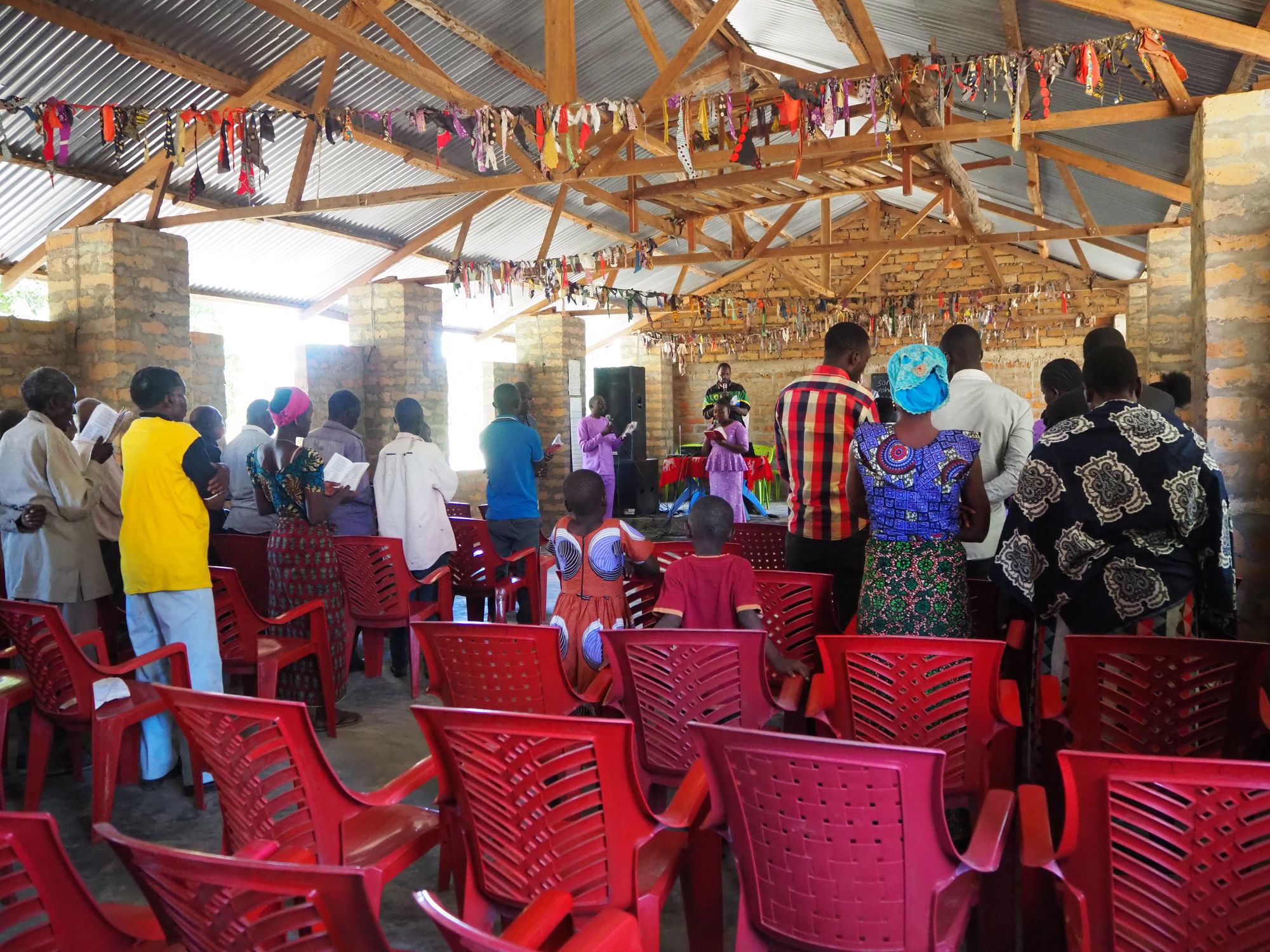
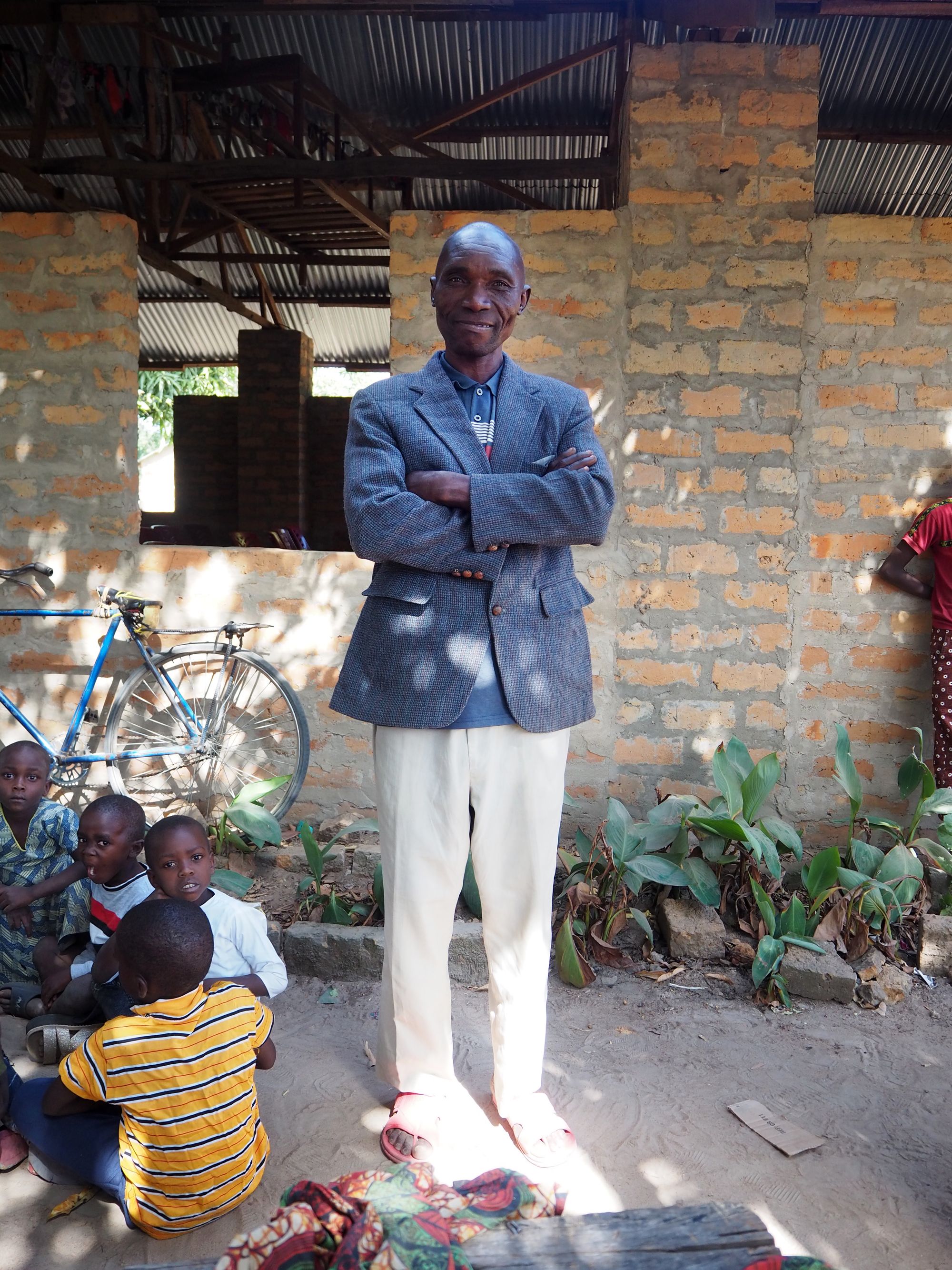
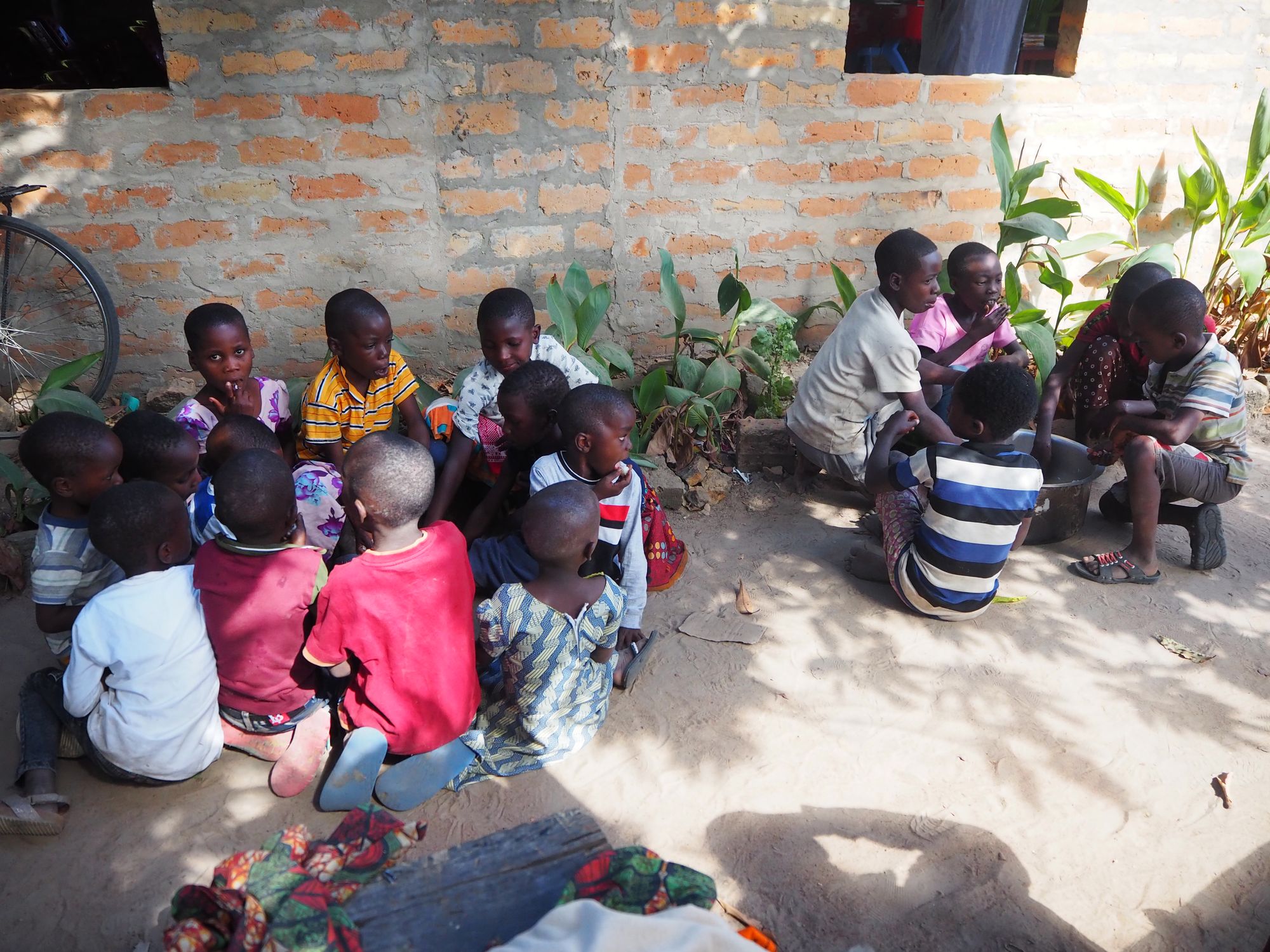
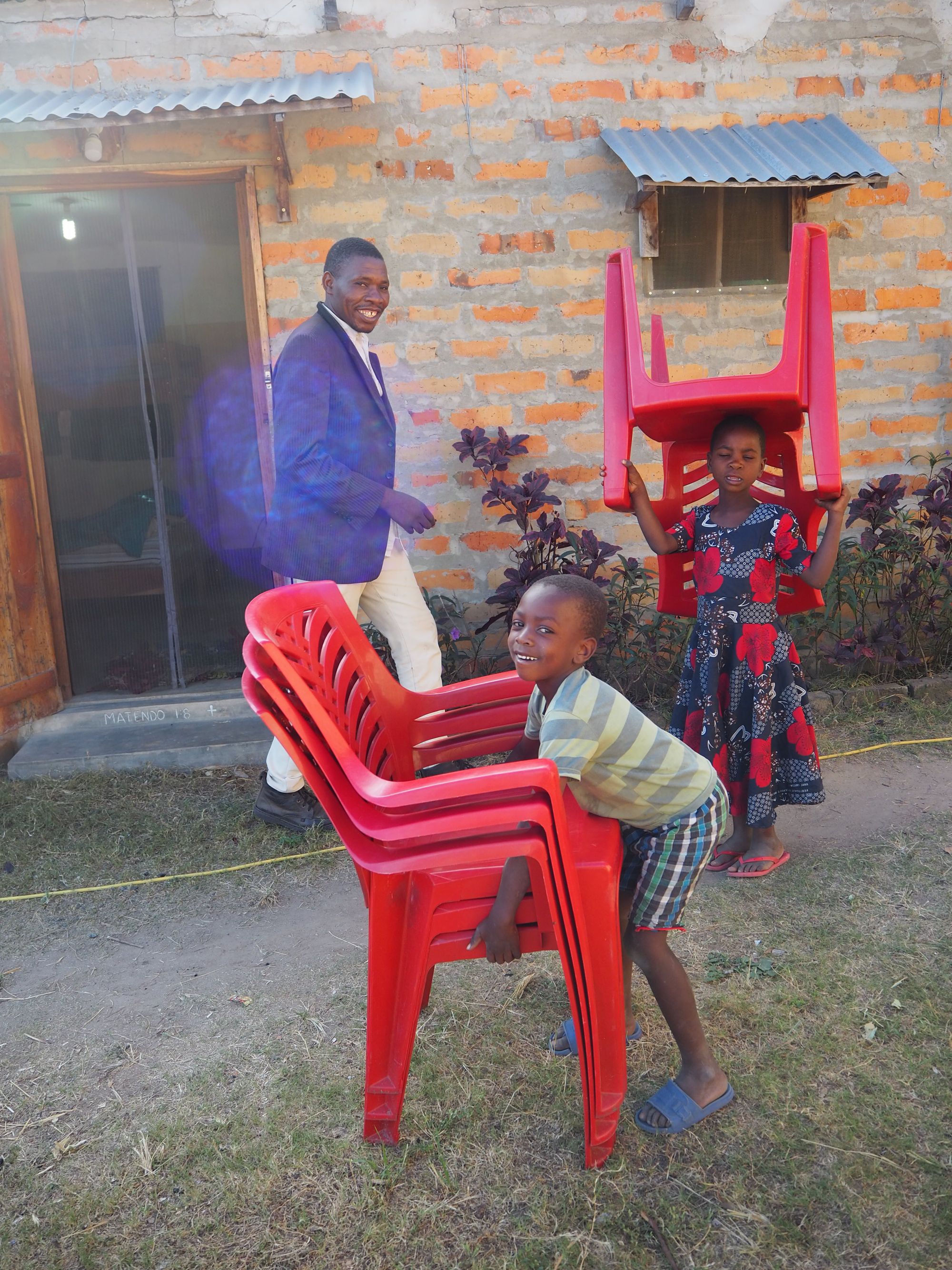
Tanzanian Village 2022 / Caytee Weigel
After lunch, we had a second session with more singing and praying. I shared a devotional on forgiveness. I was nervous, but I knew the Holy Spirit was working through me. I had originally thought of teaching on forgiveness when I was preparing. However, my quiet times have been through the book of Philippians this week, so then I thought I would teach on one of my favorite passages about not worrying. I started writing my talk out, beginning with who Paul was and why the book of Philippians was written. And as I wrote about humility and unity, the talk ended up being about forgiveness anyways! So I knew that that was what the Holy Spirit intended, and I went with it. I was nervous about pausing for Emmanuel to translate, but it was actually fun teaching with a translator.
We spent what felt like such a short time in the village. We had a meeting with the Tanzanian evangelists in the area our last morning in Mibono. That was cool to see Scott disciple them as well as see some of the logistics that come with passing the torch of a church plant. There is still lots to mentally and emotionally process! We are still traveling about; we will be back in Arusha in a few days. That's all for now, folks!
